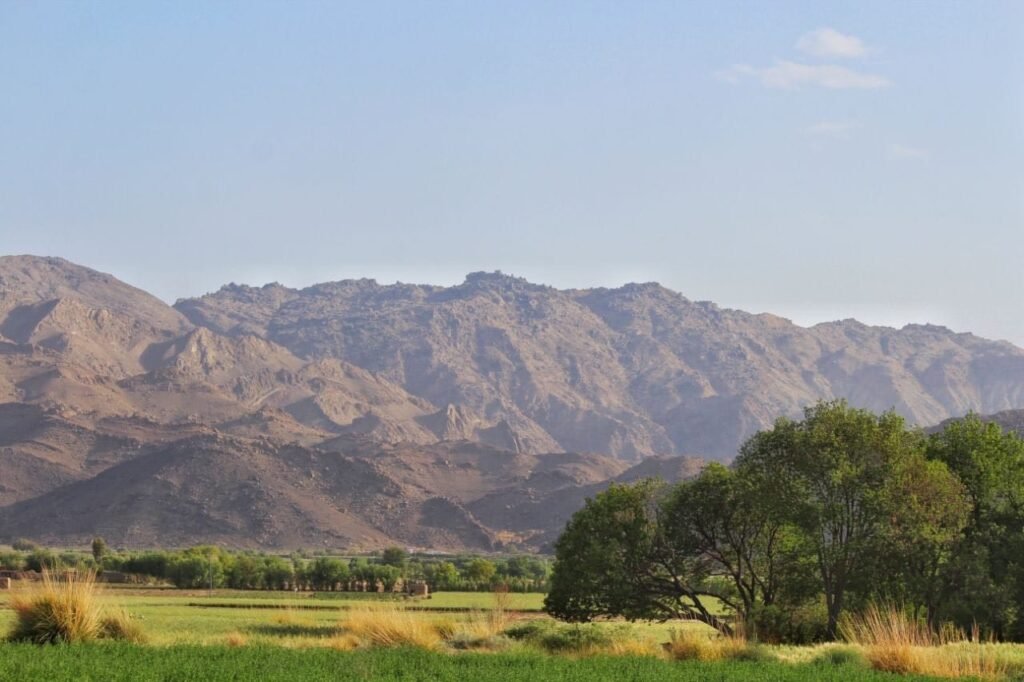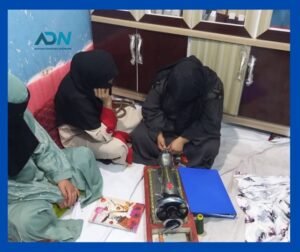Pakistan’s Cross-Border Actions in Balochistan and Afghanistan

Photo: @Balochistan Human Rights Council
By Kadeem Baloch
Pakistan is running a shadow war—out of sight, beyond borders, and without consequences.
From the scorched hills of Balochistan to the ravaged villages of eastern Afghanistan, Islamabad has carved out lawless buffer zones where its military and intelligence agencies operate like judge, jury, and executioner. Under the pretext of national security, Pakistan is exporting its repression, turning neighboring territories into extension zones for abduction, assassination, and airstrikes.
In Afghanistan, Pakistani drones and artillery rain down death under the guise of targeting terrorists. Civilians, often poor tribal families with no stake in the conflict, end up as “collateral damage.” With the Taliban regime too weak—or too complicit—to push back, Pakistan treats eastern Afghanistan like its private hunting ground.
On the Baloch front, the story is even darker. Pakistan’s military doesn’t just occupy—it erases. Whole communities in western Balochistan live under constant surveillance, raids, and fear. Cross-border ethnic ties are weaponized to justify sweeping crackdowns that violate every known human rights convention. These aren’t military operations—they’re ethnic cleansing in slow motion.
No Borders, No Laws
Pakistan’s playbook is simple: create zones of chaos, flood them with force, and hide behind a wall of secrecy. No trials. No oversight. No shame. The borders of Pakistan aren’t boundaries—they’re staging grounds. The state acts with surgical brutality in these grey zones, knowing full well that the world won’t dare raise its voice.
Afghan sovereignty? Ignored. Iranian concerns? Dismissed. Baloch cries for justice? Silenced—sometimes permanently. Islamabad has mastered the art of hiding its crimes in plain sight, dressing its brutality as counterterrorism, and banking on global indifference.
Pakistan’s reach doesn’t end at its borders. Baloch and Pashtun activists in exile—from Kabul to Sweden—are tracked, threatened, and in several cases, eliminated. Fake passports, foreign assassinations, cyber-harassment campaigns—this is state terrorism with a diplomatic passport.
Even in death, Pakistan tries to erase their voices. Funerals are surveilled. Graves are desecrated. Families are warned to stay silent—or disappear themselves.
Why the Silence?
The ongoing silence of the international community is deeply concerning. Strategic interests, aid dependencies, and geopolitical considerations have rendered many governments reluctant to speak out. The United Nations offers only cautious statements, while major global capitals remain largely disengaged. China, with significant investments in Balochistan, has signaled tacit approval through its silence.
This has effectively given Pakistan a free hand to act with impunity along its borders.
What is occurring at these frontiers cannot be accurately described as self-defense or counterterrorism. Rather, it reflects a troubling pattern of cross-border aggression—executed without accountability and often targeting vulnerable and marginalized communities.
It is imperative that the international community recognizes these actions for what they are: state-sanctioned violence with transnational consequences. A principled and unified response is urgently needed to uphold international law and protect human rights.
The author chooses a pseudonym. Kadeem Baloch is a freelance journalist based in Pakistan.
Note: The contents of the article are of sole responsibility of the author. Afghan Diaspora Network will not be responsible for any inaccurate or incorrect statement in the articles.






